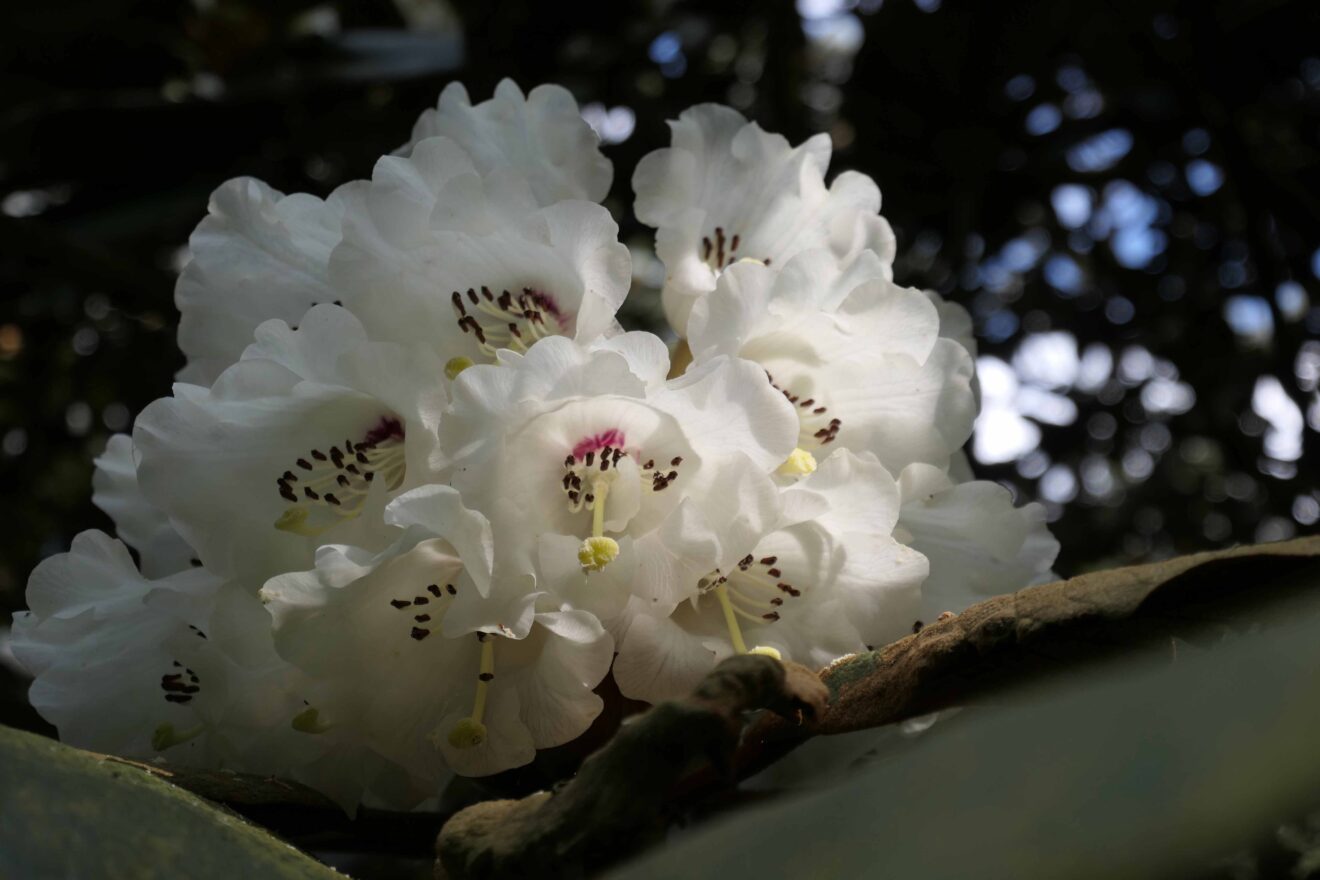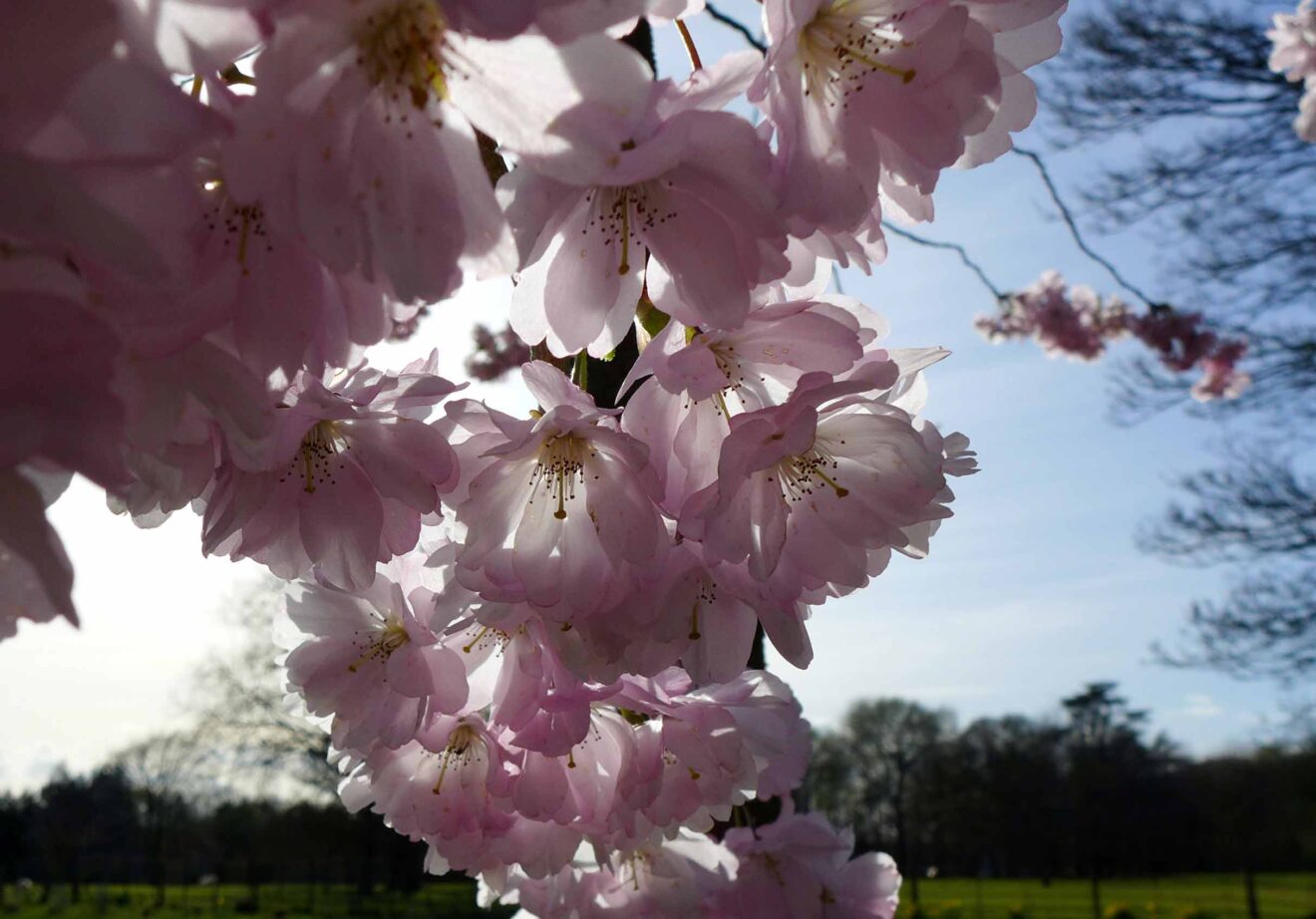The Book of Yourself Newsletter
Issue 4: March 2022
|

|
|
I would like to announce that I will be offering The Book of Yourself online course again this coming Autumn, between September and December. You can view the new schedule here:
|
Apart from some needful editing, the content, format and intent remain very much the same. We will be taking a comprehensive journey with Krishnamurti into the scope of the human condition and its needful wholeness through a series of fourteen weekly chapters. The chapter headings and their content, together with a general description of the course, can be found in the website: www.thebookofyourself.com. Should people wish to register, they should make sure to read through all the information about it and to watch the introductory video. They should also be aware that the course is to be taken as a unit. The price remains the same, but discounts will be made available on request.
|
I left the times the same as in the current version of the course, namely on Saturdays between 18:00-20:30 CET. In practice, however, we found that the format of presentation and dialogue naturally extended the time to 21:00. So do bear that in mind. I am aware that this is not suitable for all time zones. It is convenient for people in the US and Canada, but certainly not for people in India or Australia. Even here in Europe, where I am based, it is not the best, as Saturday evenings are a time for going out and socializing and, in any case, it coincides with dinnertime. It is difficult to accommodate everyone, but it may be possible to make adjustments. So if you should be interested, do not hesitate to indicate your preferences. There is also the option of scheduling the course for different time zones, should there be sufficient demand. You can always contact me with any queries you might have at: javigomez@hotmail.co.uk.
|
After a few weeks of cloudless skies and sunshine, the changeable vernal weather asserted itself. The warm temperatures, which had kept the lakes from freezing over, yielded to a cold front. Overnight, and out of season, we found ourselves assailed by an icy northern wind and under a thin blanket of snow. The snow melted quickly but the cold and eager air kept blowing, bringing rain. As T.S. Eliot wrote in his great poem The Waste Land, “April is the cruellest month”. I would not go that far in my description, but I understand the unsettling nature of it, stirring the dull roots of winter into a feast of colours, singing and scents, mixing memory with the reviving energies of desire. This tenuous membrane between rebirth and death is very much a part of the bittersweetness of early Spring. Perhaps nobody felt it more keenly than Vincent van Gogh, whose fevered paintings shroud such natural beauty in existential angst.
|
Given what is currently on the news, I cannot help but wonder at the desperate contrast between life breaking through the frosty ground and the killing fields of war. I cannot help but wonder why such atrocities are committed just as the daffodils carpet the town. Isn’t their innocence enough to stop an army on its tracks? The whole thing seems so cruel and absurd. But there is also something of a déjà vu about it, that this has been before, is now, and will be again – unless we do something about it, not only by resolving the causes of this specific war, but the deeper patterns of conditioning behind them all. We might attribute the present crisis to a particular individual whose dictatorial powers have given vent to his resentment at the fall and failure of a political system he had believed in and served. His patriotic identification with its presumed past glories appears to have driven him to this act of wanton violence in an attempt to validate his own delusions of grandeur. The present is the victim of the past in its utopian march to the future. But isn’t that the way our consciousness, collective as well as individual, works? Isn’t that the violent pattern of our universal urge to become?
|
All Photos: F. Grohe
|

|
It's not too difficult to list the causes of war. The divisions of race, nationality, ideology and religion, with their respective territorial sovereignties usually suffice to create the conditions for such outbreaks of violence. Each of these tribal entities depends for its existence on a glorified image of itself derived from a biased historical narrative that is dinned into the citizenry through education and State propaganda. These national units are sustained by our demand for security through acquisitiveness and identification with a group and its symbols. The demand for security leads us to accept authority and to conform to the standard values and mores of the given social organisation. These values are essentially materialistic. They find expression in the tribal rivalry over affluence and dominance on the economic and political fronts. This is the way the world is organised. To accept such a world, which is geared to competition and violence, is to accept war as the way of life:
|
“Man has accepted war as a way of life; man has accepted conflict as innate, as part of daily existence; man has accepted hate, jealousy, envy, greed, aggression, causing enmity in another, as the natural way of existence. When we accept such a way of life, we must naturally accept the structure of society as it is. If one accepts competition, anger, hate, greed, envy, acquisitiveness, then naturally one lives within the pattern of respectable society. That is what most of us are caught in, because most of us want to be terribly respectable.” (Talks and Dialogues, Saanen 1967, pg. 35)
|
One might argue that it is not merely a question of respectability but of the primary need for security. That seems altogether natural. We can see that the tribal organisation of society, with its territorial borders and hierarchical structures, has been inherited from the animal. Such an evolutionary setup necessitates violence as a survival strategy. So why not accept it? The catch would seem to be that humanity is pursuing security through the wrong means, so that the more we pursue it, the more we endanger our survival:
|
“We need to have physical security, food, clothes and shelter; that is an absolute necessity. But that necessity is becoming more and more impossible of attainment because of ideologies, nationalities, class, economic and national divisions, the concept of a superior and inferior. The mind can only survive physically when it is assured of food, clothes and shelter; that we see is an absolute necessity, not only for the Western world, but for the whole of mankind. And this physical security is denied because we have built a conceptual world, a world based on idea, on philosophies which are essentially material.” (Talks in Saanen 1974, pg. 58)
|
This would indicate that our basic physical needs, which are natural and universal, are denied by the conceptual world of ideas on which we have invested our identities. It is the pursuit of these separate identities that leads to the exploitative practices that undermine and destroy physical security. While this applies, as it were, to the larger collective organisation, there is a more immediate source of violence in our utilitarian approach to relationship:
|
“Our present relationship is based on need and use. Such a relationship is inherently violent, and that is why the very basis of our society is violence. As long as the social structure is based on mutual need and use, it is bound to be violent and disruptive; as long as I use another for my personal gratification, or for the fulfilment of an ideology with which I am identified, there can only be fear, distrust and opposition. Relationship is then a process of self-isolation and disintegration.” (Commentaries on Living, Second Series, Chapter 16: “The Pursuit of Power”, pg. 69)
|
Such an attitude, which seems to be prevalent at almost every level of human interaction, is an expression of our pervasive egocentric outlook on life. It’s all about me, my satisfaction and fulfilment, the other being a mere means to those ends. Isolation is inherent to such an approach, as is the consequent disintegration. Because, indeed, the usage of another for one’s advancement or gratification breeds fear, distrust and conflict, which destroys the relationship. Such relationships, being inherently manipulative, inevitably degenerate into a game of power, the pursuit of which seems to be a universal disease:
|
“Everyone seeks this power or wants to be associated with divine or worldly power. Power breeds authority and with it comes conflict, confusion and sorrow. Authority corrupts him that has it and those that are near it or seeking it. The power of the priest and the housewife, of the leader and the efficient organiser, of the saint and the local politician is evil; the more power the greater the evil. It is a disease that every man catches and cherishes and worships. But with it comes always endless conflict, confusion and sorrow.” (Notebook, pg. 122)
|
As the phrase goes, power corrupts, and absolute power corrupts absolutely. We can readily appreciate its pernicious effects in the suffering it generates. And yet power would seem to be the ultimate expression and aspiration of the self, which finds its sustenance in materialism:
|
“Materialism only gives strength and growth to the self. The self may and does identify itself with the State, with an ideology, with activities of the ‘non-me’, religious or secular, but it is still the self. Its beliefs are self-created, as are its pleasures and fears. Thought by its very nature and structure is fragmentary, and conflict and war are between the various fragments, the nationalities, the races and ideologies. A materialistic humanity will destroy itself unless the self is wholly abandoned. The abandonment of the self is always of primary importance. And only from this revolution a new society can be put together. The abandonment of the self is love, compassion: passion for all things – the starving, the suffering, the homeless and for the materialist and the believer. Love is not sentimentality, romanticism; it is as strong and final as death.” (Krishnamurti’s Journal, pg. 78)
|
Our current world situation would seem to be a clear demonstration of the need for such a revolution in the way of our social organization and psychological conditioning. Our materialist values, with their egocentric pursuit of security and survival through the identification with ideational constructs such as race, class, nation, religion and ideology, are clearly a recipe for disaster. They lead to conflict and the perpetuation of universal sorrow. The revolution the world needs requires the abandonment of such structures, inwardly and outwardly, or we shall be caught in the everlasting loop of seeking security and ending up in war. The ending of war begins with the ending of self. The ending of such conceptual and romantic identifications of thought may indeed signal the birth of compassion and love, whose strength and finality might be the only answer to the repeating tragedy of death at the service of an illusion.
|
|
|
|
|
|
|
|
|